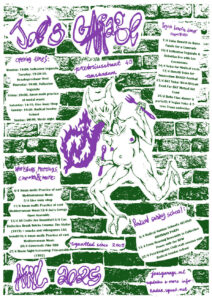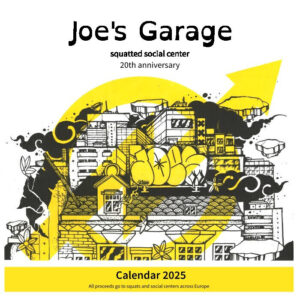 Sunday November 27th 2016, Movie night: The Army of Crime (L’Armée du Crime) by Robert Guédiguian, 2009, 139 minutes. In French with English subtitles. Door opens at 8pm, film begin at 9pm. Free admission.
Sunday November 27th 2016, Movie night: The Army of Crime (L’Armée du Crime) by Robert Guédiguian, 2009, 139 minutes. In French with English subtitles. Door opens at 8pm, film begin at 9pm. Free admission.
In 1943 the Nazi’s invade, take over the country and slowly begin rounding up your friends and family. While the logistics for this removal is constructed, your family, friends and some of the people closest to you believe the official story of registration and deportation. They think you are cynical, paranoid and a trouble maker, but you know about the internment camps and what this regime is doing. What do you do in this situation? The Army of Crime (2009) by Robert Guédiguian confronts this question by following the development of the French anti-fascist underground during World War II. Following the lives of a diverse group of people, all with their personal plights, loves and histories, you watch through beautiful cinematography and poetry as a diverse group of people come together to combat the Vichy regime. The film deals with the usual difficulties of living underground, taking action and the consequences of remaining dignified in the face of a slow, socially acceptable and ever present state of terror. This story is powerful and beautifully portrays some of the courage and pain of individual who have become legendary, deciding to act in the face of unspeakable odds no matter the consequences. This film is a classic and must see, especially if one is concerned with resistance, anarchism and anti-fascism.
Trailer: https://vimeo.com/ondemand/66920 […Lees verder]









